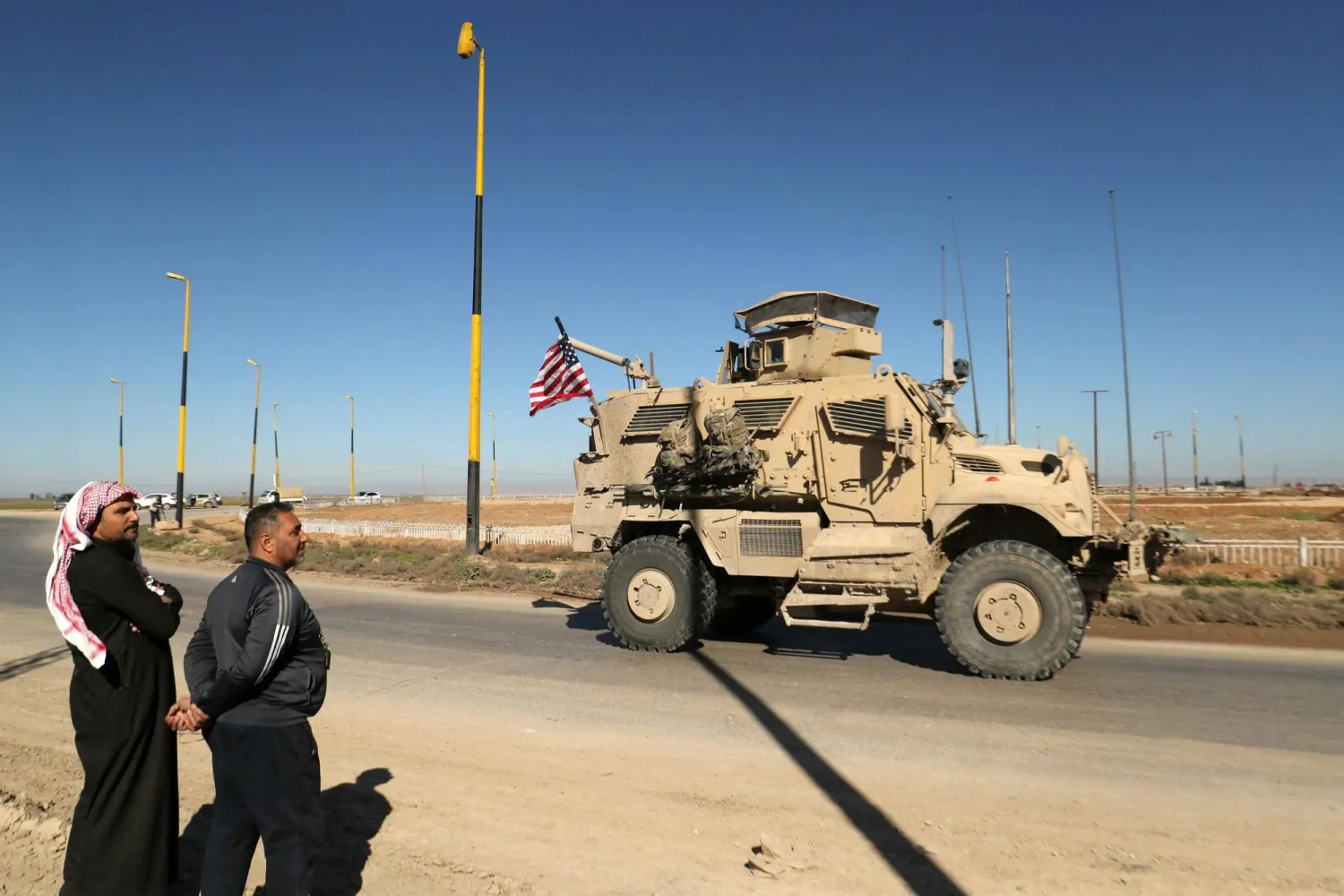Dozens of Palestinians were injured after Israeli soldiers attacked the weekly marches throughout the West Bank on Friday.
The police said a clash occurred when Israeli police claimed to find a knife with a young man during a search at Lion’s Gate.
They dispersed the gathering, but local sources reported that the police mobilized more than usual forces in the vicinity of Al-Aqsa, and attacked Shaker Al-Zaatari. When the youths tried to inquire about the incident, they were severely beaten and eight were injured.
The Red Crescent Society stated that its staff dealt with a broken foot injury due to a stun grenade thrown by the Israeli soldiers towards the worshipers who flocked to Al-Aqsa. The injured person was taken to the hospital.
The Department of Jerusalem Endowments and the Blessed Al-Aqsa Mosque Affairs condemned the Israeli police’s attack.
The Director General of the Department, Azzam al-Khatib, affirmed that Israel must “respect its obligations as the occupying power in East Jerusalem.”
Khatib pointed out that according to international law, Israel has no right to impose any restrictions on entering the Al-Aqsa Mosque.
The incident angered over 50,000 worshipers who performed Friday prayers at Al-Aqsa Mosque.
The Hamas Movement spokesman for Jerusalem issued a statement saying the attack on worshipers at the Lions' Gate is serious and evidence of Israel’s brutality, Nazism, and aggression against places of worship and worshipers.
He said the attack resulted from Israel’s direct targeting of Muslim worshipers at Al-Aqsa while allowing the Jews to desecrate the mosque.
The Israeli forces inflicted dozens of injuries while suppressing the peaceful marches after Friday prayers in several Palestinian towns in the West Bank.
They also raided villages in the Jenin governorate and launched a comprehensive search campaign.
Provocative settlers' marches
Dozens of armed settlers, backed by the Israeli army, closed the entrances to several villages and towns in Karkas in the Hebron area.
They organized provocative marches at the entrance to al-Fawar refugee camp, Dura, the southern access to Hebron, and the Beit Einoun junction to the north, during which they raised Israeli flags and chanted racist anti-Arab slogans.
Notably, the Israeli army cordoned off several towns in the Hebron area and informed residents that it was withdrawing work permits from village workers where armed men were discovered.
The army also closed the “halal market” in Hebron. Local sources reported that the forces prevented merchants and farmers from entering the market.
Palestinian hikers near the Qaryut spring, south of Nablus, were also attacked by a group of Jewish settlers, and the Israeli forces shot stun grenades and tear gas at the Palestinians.
The residents reported that the settlers intensified their presence in the vicinity of the Qaryut spring in recent weeks, which raises suspicions that they are seeking to control and settle around it.









